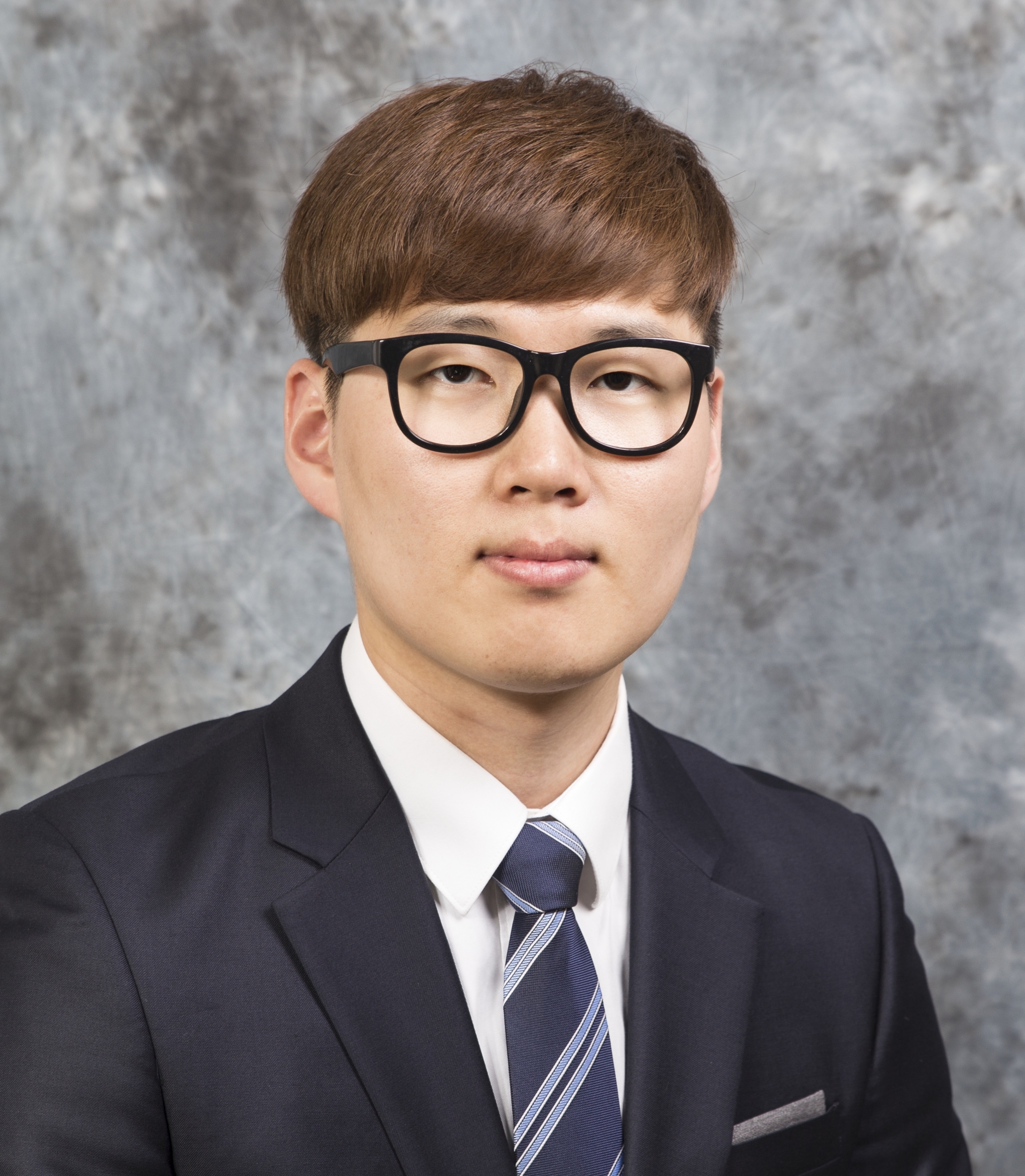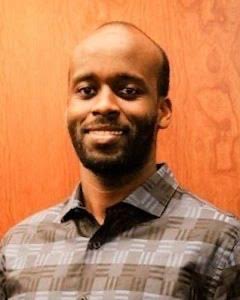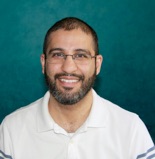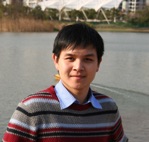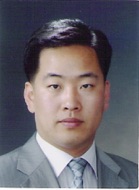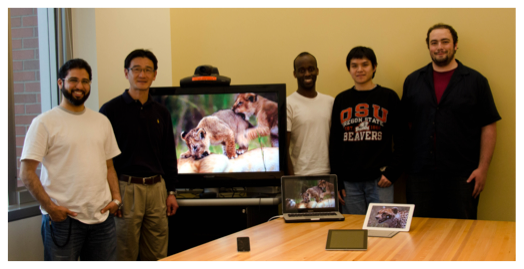Ph.D. Students
Rodrigo Rubira Branco (BSDaemon) works as Senior Staff Engineer at Google. Previously, he was a Senior Principal Engineer at Amazon Web Services (AWS). Before that, he was the Chief Security Researcher of Intel Corporation where he led the STORM (STrategic Offensive Research & Mitigations) team. At Intel, he also led the Core Client and BIOS Teams. He is the Founder of the Dissect || PE Malware Analysis Project. He held positions as Director of Vulnerability & Malware Research at Qualys and as Chief Security Research at Check Point, where he founded the Vulnerability Discovery Team (VDT) and released dozens of vulnerabilities in many important software. In 2011 he was honored as one of the top contributors of Adobe. Previous to that, he worked as Senior Vulnerability Researcher in COSEINC, as Principal Security Researcher at Scanit and as Staff Software Engineer in the IBM Advanced Linux Response Team (ALRT) also working in the IBM Toolchain (Debugging) Team for the PowerPC Architecture. He is a member of the RISE Security Group and is one of the organizers of Hackers to Hackers Conference (H2HC), the oldest security research conference in Latin America. He is an active contributor to open-source projects (like ebizzy, linux kernel, others). Accepted speaker in lots of security and open-source related events as Black Hat, Hack in The Box, XCon, OLS, Defcon, Hackito, Zero Nights, PhDays, Troopers, Andsec, Ekoparty and many others. Rodrigo is also part of the committee for many security conferences, such as Offensive Con, Langsec, Enigma and others
Dongjun Lee earned a B.S. degree in Electrical and Computer Engineering from Oregon State University in 2019 and an M.S. degree in the same field in 2022. He is currently pursuing a Ph.D. in Electrical and Computer Engineering at Oregon State University under the supervision of Dr. Ben Lee. His research interests include cutting-edge computer architecture with a specific focus on Solid State Drives (SSDs) and next-generation storage technologies, such as Zoned Namespace (ZNS) and Flexible Data Placement (FDP). He also has an interest in I/O management between host systems and block devices.
Jang Han received his B.S. degree in Electrical Engineering from Soongsil University at Seoul in 2016 and his M.S. degree in Electrical and Computer Engineering from Oregon State University in 2021. He is currently pursuing Ph.D degree in Electrical and Computer Engineering at Oregon State University under his advisor Dr. Ben Lee. Han’s academic interests include computer architecture, embedded systems, storage systems, and solid state drives.
M.S. Students
Former Students
Youngbin Jin earned his M.S degree in Electrical Engineering from University of Texas at Dallas in 2013 and his B.S degree in Electrical Engineering from Washington State University in 2010. He is currently pursuing Ph.D degree in Electrical and Computer Engineering at Oregon State University under his advisor Dr. Ben Lee. He currently works at Solidigm Technology, previously known as Intel NSG group. He is a Data Center NAND SSD Competitive Intelligence Engineer at NAND Product Solution Group. His research interests are Computer Architecture, Computer Networking, VLSI, and Memory System that introducing different types of Non Volatile Memory technology into Computer Network System.
Kevin Gatimu received his B.S., M.S., and Ph.D. degrees in Electrical and Computer Engineering from Oregon State University in 2009, 2012, and 2019 respectively. He is a video engineering professional currently working at FuboTV as a VOD software engineer and as a researcher and developer for the Video Innovations group. This involves working on forward-looking initiatives within the technical organization. He was previously a consultant at Pure Integration, performing research and development for Charter Communications' advanced Video Engineering team. Kevin also has interests in backend systems and scalable design.
Taylor Johnson received his B.S. degree in Computer Engineering from Syracuse University in May 2009. He is currently pursuing a Ph.D. degree in Electrical and Computer Engineering at Oregon State University, under the supervision of Dr. Ben Lee. Taylor's academic interests include computer architecture, embedded systems, multimedia, VLSI design, virtualization, FPGAs, and cryptography. He is a member of Tau Beta Pi and IEEE.
Arul Nambi Dhamodaran received his B.E. Degree in Electronics and Communication Engineering in 2008 from R.M.D. Engineering College, Anna University and his M.S. and Ph.D. degrees in Electrical and Computer Engineering in 2011 and 2017, respectively, from the School of Electrical Engineering and Computer Science at Oregon State University. His research interests include Computer Architecture, Computer Networking, Embedded systems, Multimedia and VLSI Design.
Mohammed Sinky received his B.S. and M.S. degrees in Computer Engineering from Oregon State University in 2001 and 2004. He worked as a lecturer at Umm Al-Qura University (UQU) in Makkah, Saudi Arabia during the years of 2005 and 2006. Mohammed returned to OSU and earned his Ph.D. degree in Electrical and Computer Engineering in 2015. His intrests include embedded systems, video compression, wireless video streaming, and parallel processing. Mohammed is now an Assistant Professor at UQU.
Steen Larsen received his BS in Computer Engineering in 1991, MS in Electrical Engineering in 1998, and Ph.D. in Electrical and Computer Engineering in 2015. Currently at Intel, he is focusing on virtual machine memory performance optimizations, defining methodologies to characterize and optimize memory tiered performance configurations, tuning and influencing next-gen architecture. This involves analysis and recommendations on benchmarks and perf counter output and solving hard relevant problems of impact with smart people.
Erin Sullivan received her B.S. degree in Electrical and Computer Engineering from Oregon State University in 2010. In 2015 she completed her M.S. degree at Oregon State University on the topic of channel selection for wireless ad-hoc HD video streaming. In her current position at Intel, Erin develops and integrates power management simulation models, which are used to accelerate firmware/software development and validation for major Intel product lines. Outside of work, Erin enjoys reading and working on her home and garden.
Jing (Peter) Zhao received his B.S. degree in Electrical Engineering from Shanghai University in 2004. Before going to graduate school, he worked at Intel and LSI for around 6 years, working on IC Design Validation and Test Program Development. He received an M.S. degree in Electrical and Computer Engineering at Oregon State University in 2013. Peter is currently working at Qualcomm as an IC Designer. He is an expert on Design-for-test (DFT) and has extensive skills in all areas including DFT architecture, RTL, synthesis, timing and physical design. He is responsible for DFT feature design and silicon bring-up for large scale mobile SOC.
David A. Zier received his B.S., M.S., and Ph.D. degrees in Electrical and Computer Engineering from the School of Electrical Engineering and Computer Science at Oregon State University, Corvallis, in 2002, 2004, and 2009, respectively. He is currently a Senior System Software Manager at NVIDIA and manages the Deep Learning System Software Organization. His organization has several teams that are responsible for developing tools and software that enable user to optimize and deploy their ML/DL models for production. David is responsible for such tools as Triton Inference Server, Triton Model Analyzer, and Triton Navigator.
Jongbum Ryou received his B.S. degree from Korea Air Force academy and M.S. degree in Electrical and Computer Engineering at Yonsei University, Seoul, Korea in 1993 and 2002, respectively. He is currently pursuing a Ph.D. degree in Electrical and Computer Engineering at Oregon State University under the supervision of Dr. Lee. His interests include load-balancing in WLAN, reducing handoff delay in WLAN, and behavior based mobility pattern.
Hosung Kang Educational background
- M.S., School of Electrical Engineering and Computer Science, Oregon State University, Sept. 2007 - present
- U.S. Army Signal Captain Career Course, Army Signal School, Fort Gorden, Georgia, USA, July 2002 - Dec. 2002
- Army Signal Officer Advanced Course (OAC), ROK Army Signal School, Daejeon, South Korea, Nov. 2001 - April 2001
- Army Signal Officer Basic Course (OBC), ROK Army Signal School, Daejeon, South Korea, March 1998 - June 1998
- B.S. in Electronics, Korea Military Academy, Seoul, South Korea, Feb. 1994 - March 1998
Research Area
- Ad hoc networks
Military Career
- Company Commander, ROK Army, Jan. 2003 - June 2004
- Aide-de-camp, ROK Army, Nov. 2000 - Nov. 2001
- Platoon Leader, ROK Army, June 1998 - July 1999

